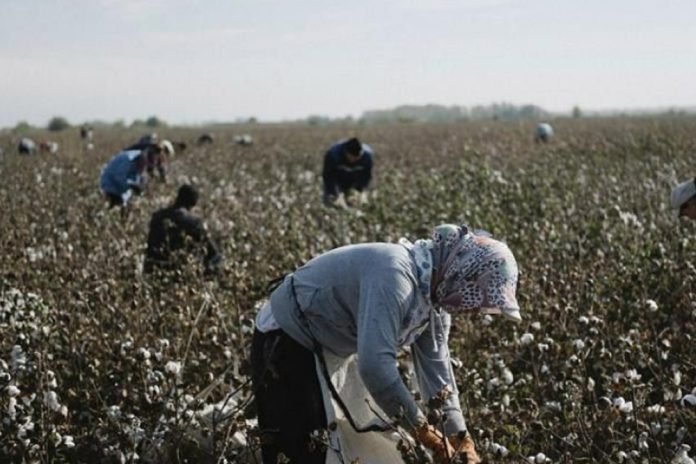Uzbekistan, the world’s sixth-largest cotton producer, has seen growth in this industry following reforms and the end of over a decade of an international boycott of Uzbek cotton. The World Bank confirmed monitoring that forced labor had been eliminated by 2021, and the boycott was lifted in 2022.
The ban was initiated in 2010 by the Cotton Campaign due to forced harvesting, where more than 2 million people, including children, were forced into the fields.
Human rights advocate Gulnoz Mamarasulova helps the Cotton Campaign to monitor the fields for signs of forced harvesting. She said state acknowledgment, TV coverage, and social media campaigns on forced labor helped address the issue. Former Deputy Minister of Agriculture Anvar Karimov also emphasized the state’s commitment to combating the practice.
Cotton pickers have seen their monthly wages increase to up to $500 (€458). Uzbekistan has transitioned from exporting raw materials to trading finished products, leading to increased exports and a boost in investments. Textile exports increased from hundreds of millions during the boycott to $3.2 billion in 2022. The country has established 130 private cotton clusters to foster quality control and innovation.
Galina, a Euro News correspondent, saw a collection of cotton apparel at the Human House gallery, where designer Lola Sayfi also spoke to her about how lifting the boycott meant she could create more and dress more people in clothes from Uzbekistan.



